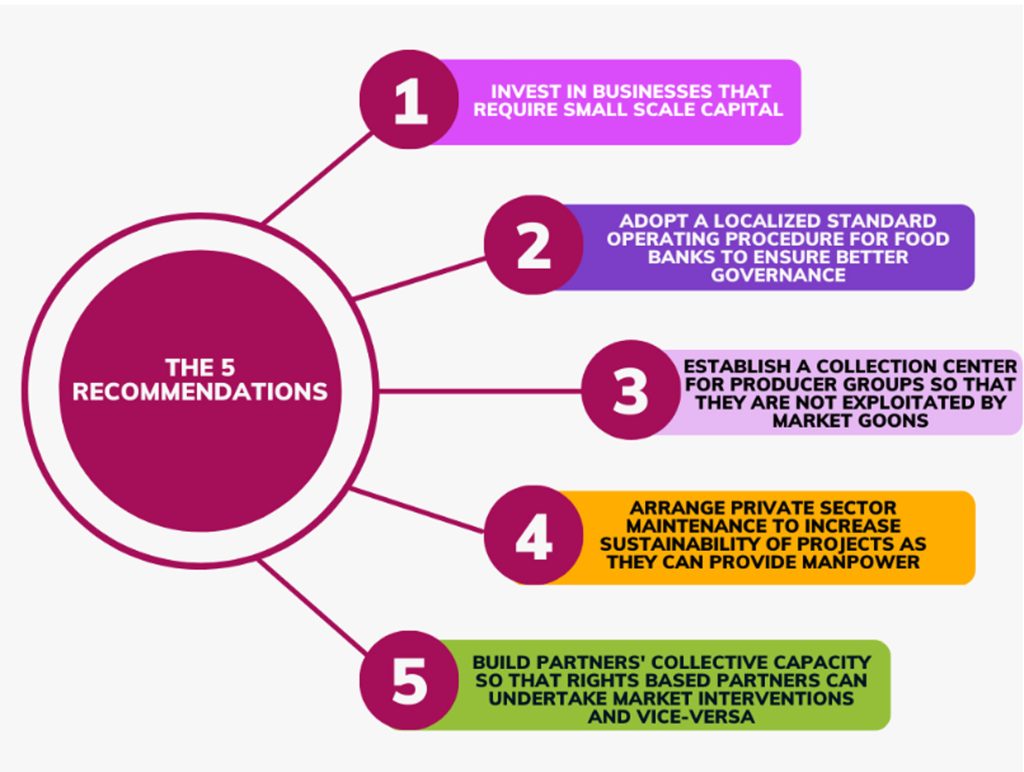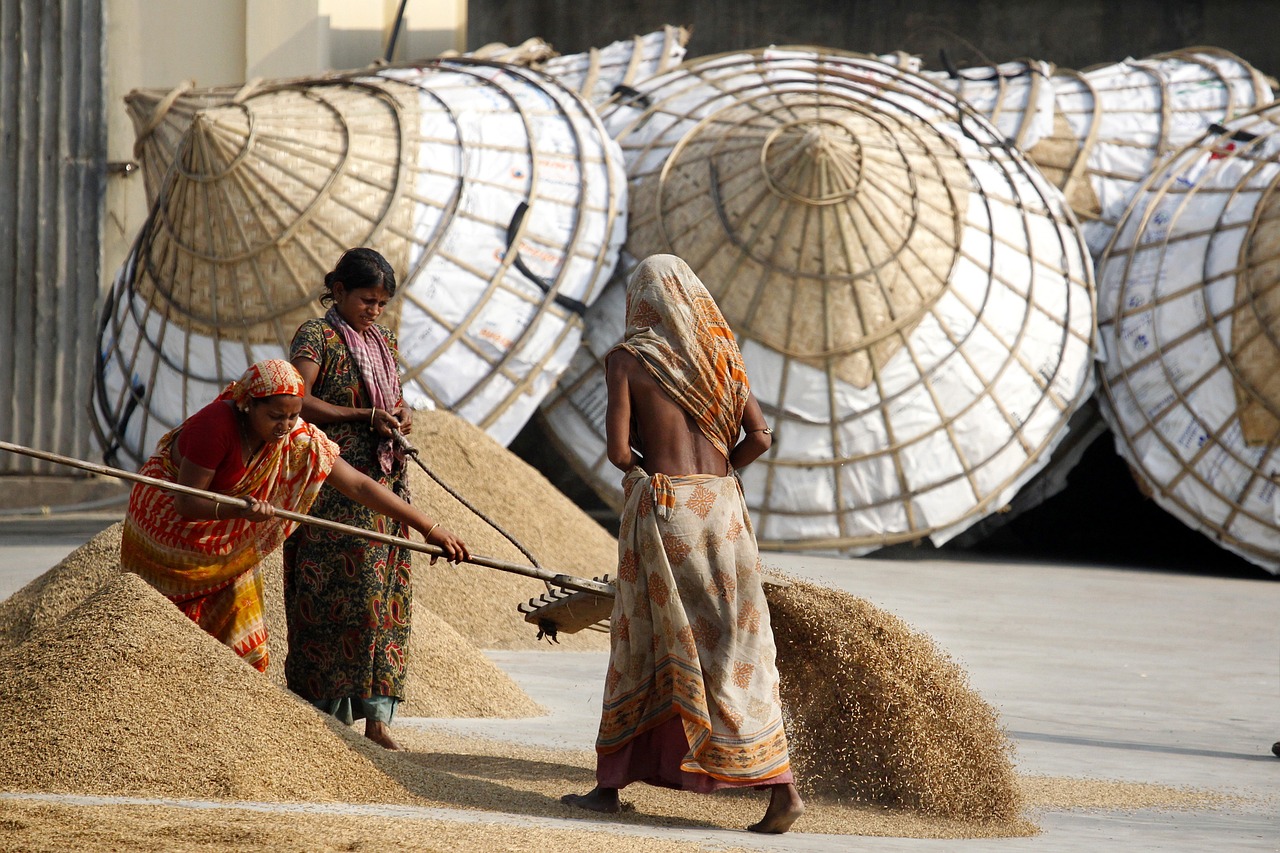This project was commissioned by Oxfam in Bangladesh to understand how their project interventions in the country had helped the most marginalized people to increase their income, livelihood security and resilience to climate change.
Some of the critical findings from this study are as below:
· The sale of local dairy products had increased. This was due to tax being imposed on powdered milk which increased the price of powdered milk in comparison to locally produced liquid milk. Increase in the sale of local dairy products meant improvement of incomes across the value chain at all levels.
· There were significant gains in the women empowerment, particularly the women social mobility and decision making power. As the female members increased their bargaining capacity from their participation in the producer groups and skills training, they were contributing more financially to their family·
· The duration of the skill training program was short. Although the skills training had helped participants to gain self-confidence and communication skills, the variety of subjects was missing as time constraint existed. More subjects such as the use modern kitchen equipment could be taught if training programs of longer durations were provided.
· Accessibility to safe water had increased because construction of tube wells and water tanks on high ground meant that they would be protected in the event of a flood
· Sustainability of infrastructure was an issue as after the project period ended, maintenance was not done properly which resulted in structures such as WASH blocks becoming unusable.
· have been able to provide a backup for families in the event of climatic, economic or health stress. Families used these funds as a type of insurance to pursue education and secure health.
· However, the Food Bank was vulnerable to collapse due to a lack of standard operating procedure. No clear guidelines existed on the addition or removal of new members. Also, a large work burden was being placed on a single person which meant that tasks such as maintenance of financial records was not being done effectively.· The revenue stream of project supported businesses was low. This was because of unplanned businesses ventures where production cost was very high such as in the case of toilet slabs that required high investment.


